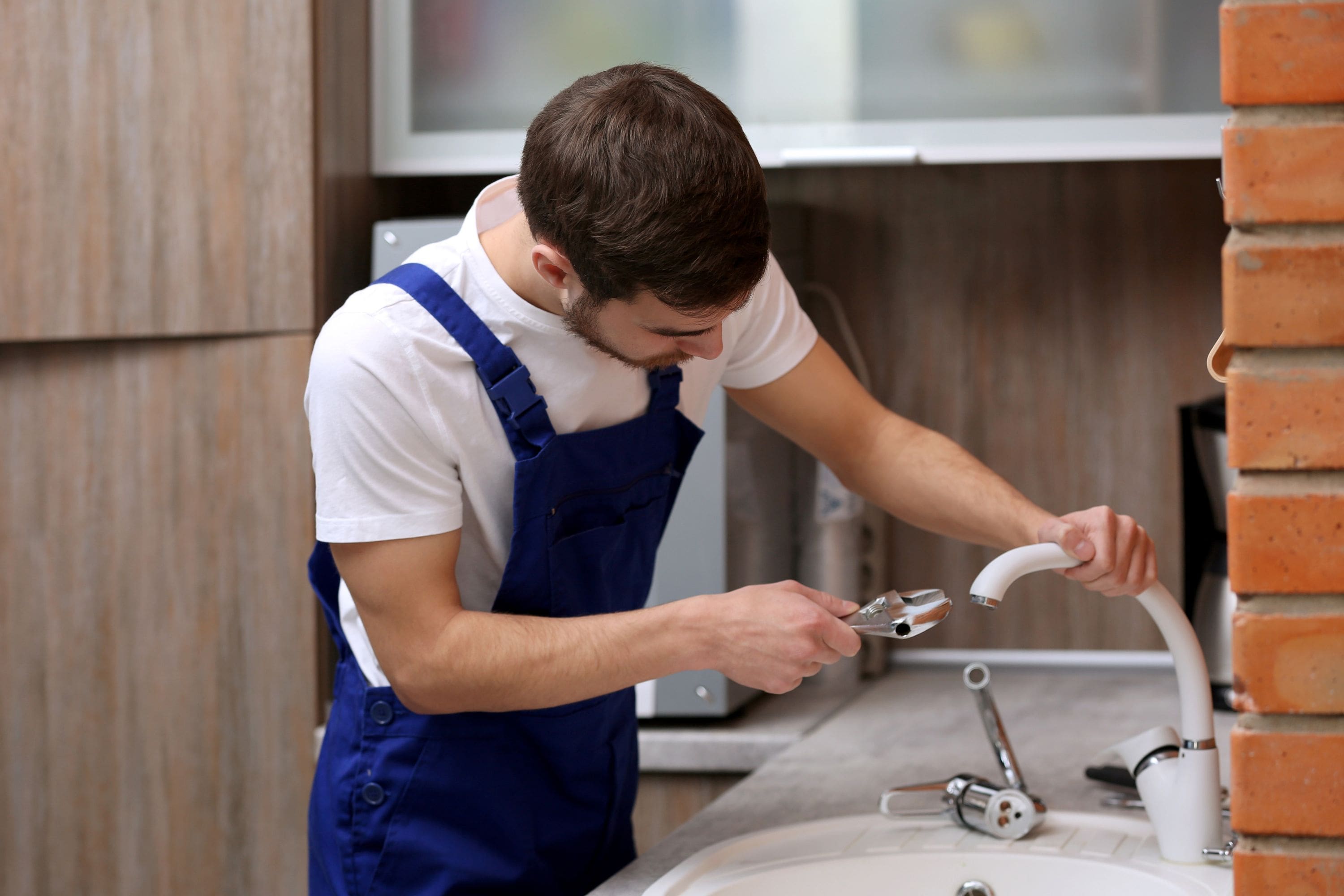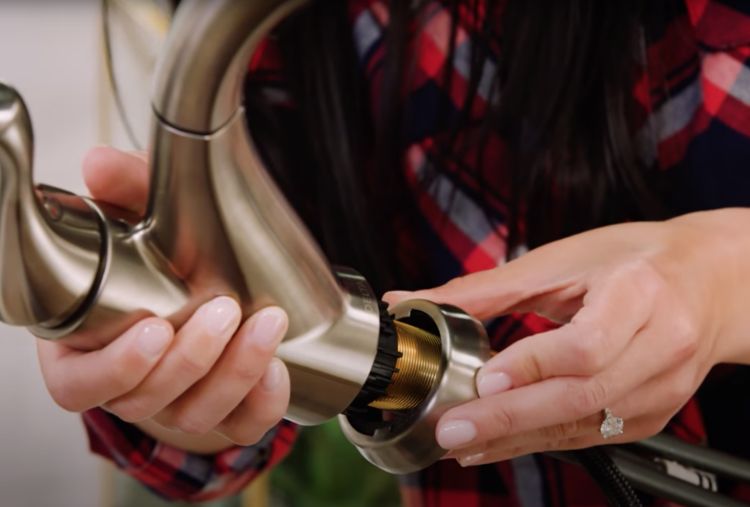Which It's Necessary to Address a Dripping Faucet
Which It's Necessary to Address a Dripping Faucet
Blog Article
How do you feel when it comes to Leaky Faucets: Why They Happen & What to Do About Them?

Trickling taps may look like a small trouble, however their effect surpasses simply the aggravation of the audio. From wasting water to incurring unnecessary economic expenses and health and wellness dangers, disregarding a dripping tap can result in numerous effects. In this short article, we'll look into why it's vital to address this typical household problem immediately and effectively.
Waste of Water
Environmental Effect
Leaking faucets add substantially to water waste. According to the Environmental Protection Agency (EPA), a single faucet dripping at one drip per secondly can lose more than 3,000 gallons of water annually. This not only pressures water sources but also influences environments and wildlife depending on them.
Step-by-Step Guide to Repairing a Dripping Tap
Tools Called for
Before trying to repair a leaking tap, collect the necessary tools, consisting of an adjustable wrench, screwdrivers, substitute parts (such as washing machines or cartridges), and plumber's tape.
Common Faucet Issues and Their Solutions
Recognize the type of faucet and the details issue causing the drip. Usual problems include damaged washing machines, rusty valve seats, or damaged O-rings. Refer to producer instructions or on the internet tutorials for detailed assistance on repairs.
Financial Prices
Enhanced Water Bills
Beyond the environmental influence, trickling taps can blow up water expenses considerably. The gathered wastefulness with time translates right into greater utility expenditures, which might have been prevented with timely repair services.
Prospective Building Damages
In addition, long term dripping can cause harm to fixtures and surface areas surrounding the tap. Water accumulation can cause discoloration, rust, and also architectural issues if left ignored, causing extra fixing costs.
Health Worries
Mold and Mold Development
The constant existence of moisture from a dripping tap develops an excellent environment for mold and mildew growth. These fungi not only endanger interior air top quality but additionally position health and wellness threats, particularly for individuals with respiratory conditions or allergies.
Waterborne Diseases
Stagnant water in dripping taps can come to be a breeding place for bacteria and other microorganisms, increasing the threat of waterborne diseases. Impurities such as Legionella germs flourish in stationary water, possibly causing severe diseases when consumed or inhaled.
Do it yourself vs. Professional Repair service
Advantages and disadvantages of Do It Yourself Fixing
While some may try to deal with a trickling tap themselves, DIY repair work come with their very own collection of challenges. Without proper expertise and tools, DIY efforts can worsen the issue or bring about insufficient repair work, lengthening the issue.
Advantages of Employing a Professional Plumber
Employing a professional plumber makes sure that the underlying reason for the trickling tap is addressed successfully. Plumbing technicians possess the experience and tools to identify and repair tap concerns successfully, conserving time and reducing the danger of more damages.
Ecological Responsibility
Private Contribution to Preservation
Taking obligation for taking care of dripping taps aligns with more comprehensive initiatives towards water preservation and ecological sustainability. Every person's activities jointly make a substantial impact on preserving precious sources.
Lasting Living Practices
By prioritizing prompt repairs and adopting water-saving habits, people add to lasting living techniques that benefit both existing and future generations.
Preventive Measures
Normal Maintenance Tips
To prevent trickling faucets, execute routine upkeep such as cleaning up aerators, examining for leakages, and changing damaged parts quickly. Furthermore, take into consideration installing water-saving tools or updating to more efficient fixtures.
Significance of Prompt Fixes
Resolving trickling taps as quickly as they're seen protects against more water wastefulness and possible damage, ultimately saving both water and cash in the future.
Effect On Residential Or Commercial Property Value
Understanding of Well-Maintained Home
Keeping a residential property in good condition, consisting of attending to maintenance issues like trickling faucets, enhances its viewed value and charm among prospective buyers or lessees.
Influence on Resale Worth
Qualities with well-kept plumbing fixtures, consisting of faucets, command higher resale values in the property market. Addressing leaking taps can contribute to a positive perception during building evaluations and settlements.
Verdict
Resolving a dripping faucet goes beyond simple comfort; it's a necessary action towards preserving water, lowering economic prices, and guarding wellness and residential property. Whether with DIY repair work or professional assistance, taking action to deal with trickling faucets is a small yet impactful way to advertise accountable stewardship of resources and add to a healthier, more lasting future.
How to Fix a Leaky Faucet: Step-by-Step Repair Guide
A leaky faucet may seem like a simple annoyance, but if it's not fixed promptly, that leak could cost hundreds to potentially thousands. From water damage to mold, mildew, and high water bills, even a tiny leak can be catastrophic if left unattended. Damage like this can even affect the overall value of your home, so it's important to take the right approach for leaky faucet repair. You may need the help of a plumber in some cases, but we've got a few tips you can try on how to fix a leaky faucet before calling the pros.
Four Faucet Types
When you're learning how to fix a leaky faucet, the first step is knowing what kind of faucet you're working with! There are four common types.
Cartridge Faucets
Cartridge faucets come in one- or two-handled varieties. In one-handled cartridge faucets, hot and cold water combines in a single cartridge. In the two-handled versions, hot and cold water are controlled separately and mixed in the faucet.
Ball Faucets
Ball faucets have a single lever you push up and down to adjust the pressure and rotate to change the temperature. A slotted metal ball controls the amount of water allowed into the spout.
Compression Washer Faucets
They're the oldest type of faucet, but they're still used in many homes — especially older ones. Compression faucets have two separate handles that, when turned, raise or lower the washer that seals a water valve. This valve stops water from flowing through the faucet when it is turned off.
Disc Faucets
Disc faucets rarely need to be repaired due to their maintenance-free design. The water flow is controlled by two discs — the upper one raises and lowers against a fixed lower disc, creating a watertight seal. If your disc faucet starts leaking, you may need to replace the seals or clean residue buildup from the inlets.
Fixing a Leaky Faucet
Step 1: Turn Off the Water
Whether you're learning how to fix a leaky bathtub faucet or how to fix a leaky kitchen faucet, always turn off the water supply to your working area when you're fixing a leak. The last thing you want is a flood added to your list of things to fix.
Look for the shutoff valves below your sink or around the tub and turn them clockwise to stop the water flow. If your faucet doesn't have shutoff valves, you may need to turn off the water for the whole house. Check to make sure it's off by turning the faucet on. If nothing comes out, you're ready to start the repair.
Step 2: Take Apart the Faucet
How you disassemble your faucet depends on the type of fixture you have. You can use a flathead screwdriver to remove the caps on top of the handle or handles for cartridge and compression faucets. Inside, you should see handle screws. Unscrew these with a screwdriver to remove the handle.
Disc- and ball-style faucets will typically have an inlet screw near the handle, and removing that will reveal the interior of the faucet.
Detach the Valve Stem
For cartridge- and compression-style faucets, you'll see the inner valve stem or cartridge once you remove the faucet handles. If you have a compression faucet, unscrew the brass valve stem. If you have a cartridge faucet, pull out the cartridge. If your cartridge has been in place for a while, it may require some tools or extra force to remove it due to mineral deposits.
Examine and Replace Parts
Once you've removed the parts, check them out to confirm what needs to be replaced. You may see corroded rubber washers, O-rings, stems, or cartridges. On a ball-style faucet, check the seats and springs for damage.
If you need to repair a leaky disc faucet, check the inlet and seals on the lower disc.
Once you determine what parts must be replaced, visit your local hardware store. Bring the damaged parts with you to ensure you can purchase the correct components to replace them.
Clean Valves and Faucet Cavity
If you've removed a stem or cartridge, you may notice mineral buildup in the faucet's threads. Use white vinegar to clean the valve seat by soaking it for a few minutes, then scrub it away with a soft toothbrush and rinse with warm water. You can also clean the interior of the faucet in the same way.
Reassemble the Faucet
Once your faucet is cleaned and the required parts have been replaced, it's time to reassemble it. Put the pieces back together and slowly turn the water supply back on. Doing this slowly is crucial because too much initial water pressure can damage the new hardware you've just installed.
https://homewarranty.firstam.com/blog/how-to-fix-leaky-faucet

I stumbled upon that blog posting about How to Fix a Dripping or Leaky Faucet when doing a search on the search engines. Enjoyed reading our content? Please quickly share it. Help others check it out. Many thanks for your time spent reading it.
Report this page